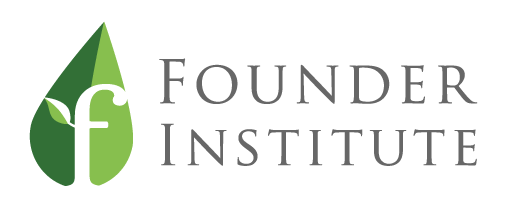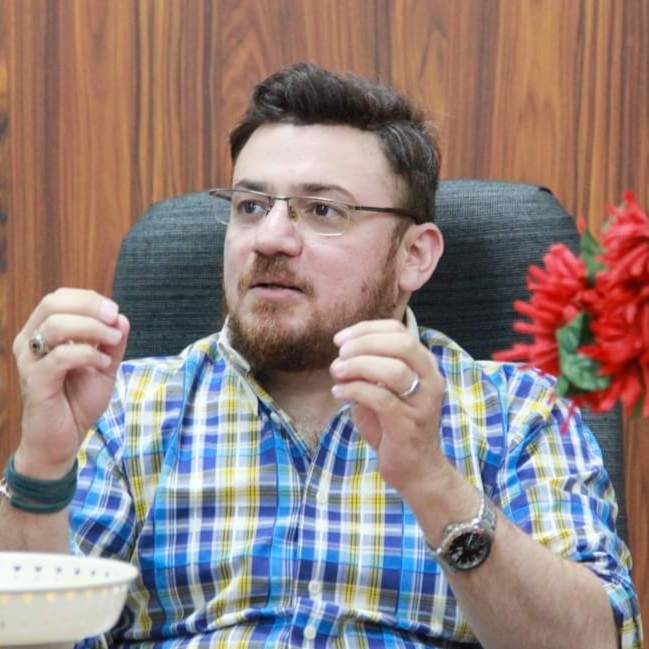Meet Zain from MyTM
Q: Can you briefly introduce yourself and your startup?
A: Okay, so my name is Dr. Zain Farooq. I’m an oncologist turned entrepreneur and founded MyTM, which stands for MyTeller Machine. Our payment technology company enables global cashless transactions for businesses and consumers.
Q: What inspired the idea behind MyTM, especially considering your pivot from a medical profession?
A: Medical technology. Having spent 13 years in China, I witnessed the practical challenges people face in cross-border transactions. My pivot stemmed from the need to address financial issues faced by my family, driven by a lack of understanding of banking systems and hidden charges.
Q: Could you share the growth journey of MyTM, including challenges and market acceptance?
A: Last year, we experienced 700% growth, reaching 177 employees. The Middle Eastern market embraced us, though we anticipated faster acceptance in the Pakistani market. We’re now expanding to Africa, and the challenges included aligning payment methods, hidden charges, and understanding consumer needs.
Q: What prompted your shift from being a doctor to owning your own business?
A: The shift was driven by a personal need to overcome family debt. Despite a lucrative medical career, I aimed for financial independence due to issues with existing financial systems, such as unclear cost structures and the lack of understanding about the functioning of banks.
Why Founder Institute?
Q: How did joining Founder Institute impact your entrepreneurial journey?
A: Joining the Founder Institute was crucial as it revealed our need for more knowledge of entrepreneurship. Beyond project planning, entrepreneurship involves networking, full-time project involvement, and financial management. It made us realize that being an entrepreneur requires an all-rounded skill set.
Q: How did your experience with the financial system contribute to MyTM’s mission?
A: I aimed to address issues like the cost of funds and financing capabilities of banks. The lack of understanding about interest rates and financial functions led to my curiosity. I aim to empower individuals by creating a financial system that truly serves them.
Q: How did you find out about Founder Institute?
A: One of our friends, Meer Anwar, a high-ranking government official, suggested it. Initially hesitant due to financial constraints, I took the IQ test, realizing they were assessing more than just intelligence. Unlike some candidates viewing it as an investment opportunity, I saw it as a chance to find like-minded individuals for collaboration.
Q: Can you elaborate on the application process?
A: The journey began with an IQ test, a gateway to the program. Once I successfully completed it, the next steps involved payment and engaging in orientation sessions. This initial phase set the tone for what turned out to be a transformative experience.
Program Structure and Funding Experience
Q: What was the Founder Institute program like, and how much time did it require?
A: The program aimed at condensing two years of work into four months, demanding 45 to 60 hours per week. Our dedicated team, working like a college graduation program, invested heavily in developing, launching, pitching, and participating in national exhibitions. It was an intense but rewarding experience that demanded honesty and hard work.
Q: What was Founder Institute’s approach, and why did some founders find it confusing?
A: Founder Institute does not hold equity but reserves the right to a future 3% if we opt for investment. This condition confused many. The $300 fee covers the program, which is essentially free. While they have a pool of funders, admission doesn’t guarantee funding. Portfolio companies, selected internationally, receive attention from potential investors.
Q: What are the conditions for potential investment?
A: Founder Institute’s only condition is the potential future 3% equity, dependent on investment interest. The $300 fee covers the program. They don’t fund you upon completion, but being selected as a portfolio company opens doors to investors.
Standout Moments, Challenging Times, and Growth with Founder Institute
Q: During the program, what was a standout moment that left a lasting impression on you?
A: The standout moment was the exposure to key entrepreneurs brought in by the Founder Institute. Mentors, well-connected and experienced, opened our minds. The emphasis on not falling in love with our ideas was crucial. The program served as a personality transformation, fostering the entrepreneurial character required to represent various facets of a business.
Q: How did Founder Institute contribute to your personal transformation and mindset change?
A: Founder Institute served as a platform to rewire our thinking as entrepreneurs. It went beyond traditional education, helping us specialize in entrepreneurial mindset and character. The program was about changing from a secure job environment to embracing the financial risks and daily challenges of entrepreneurship.
Q: Do you attribute part of your current success to Founder Institute, and if so, how?
A: Founder Institute played a major role in helping us assess the practical viability of our business idea. The Minimum Viable Product (MVP) staging encouraged us to think more openly. The institute, akin to rewiring our thinking, focused on building a mindset suitable for the risky entrepreneurial journey, something invaluable for success.
Commitment to Greatness at Founder Institute
Q: Any final advice for those considering applying to Founder Institute or other programs?
A: At Founder Institute, greatness is a choice. My advice is to fully commit to the four-month program, putting aside judgments and ego. Understand that the mentors and teachers are crucial to your success; you need them more than they need you. Recognize that the investment is in your future, and the commitment required is substantial, but the potential benefits far outweigh the costs.


